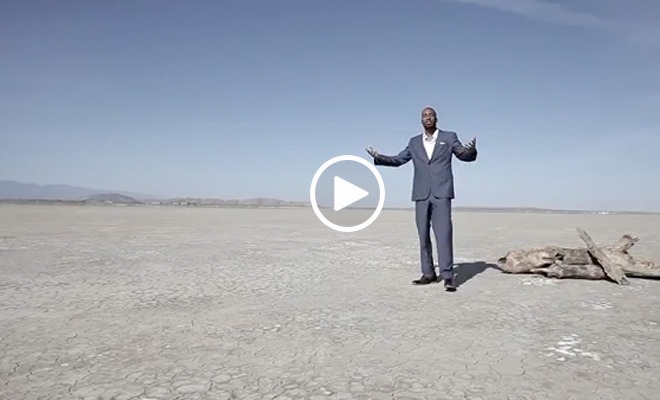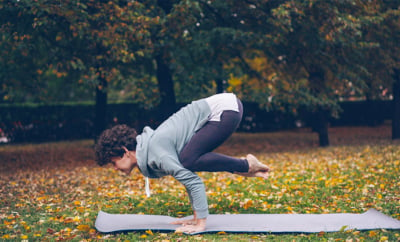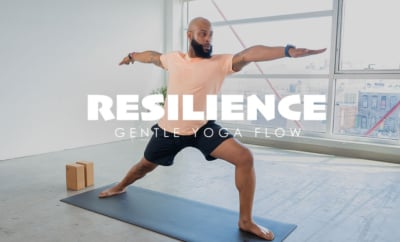Forget Mars! This Could Be the Future of Sustainable Living

It’s basically every kid’s dream – living on the ocean, playing in the waves, the fish and dolphins as your neighbors. And now it’s a dream that can actually happen! Thanks to The Seasteading Institute, you could have the opportunity to live in a floating city as soon as 2020!
While “homesteading” refers to life on land, “seasteading” is a term developed to describe this new frontier – living on the sea. It looks a bit like Atlantis, but it’s far from science fiction. The San Francisco-based Seasteading Institute is currently developing a pilot city in French Polynesia.
Their hope is for each floating city to be completely self-sustaining, creating thousands of mini-countries that have their own governing systems, cultures, food systems, and ways of life. Each floating city will be complete with residences, hotels, restaurants, shopping, and more – everything you’d ever want or need.

Credit: Blue21
The Benefits of a Floating City
The truth is, we’re running out of land for humans to live on, and land is only one-third of our planet’s surface. Then there’s the fact that, as the planet gets warmer, land becomes scarcer. Coastal floods are increasingly more common, and our cities could eventually be taken over by the ocean.
The Seasteading Institute is also committed to making these floating cities benefit the planet. They believe their cities can help decrease poverty, create better, cleaner food, decrease overfishing, generate sustainable energy, and more.
The Prototype
The government of French Polynesia has agreed to allow The Seasteading Institute to begin “testing the waters” off their coast. They have partnered with a Dutch sustainable engineering firm, Blue21, to begin prototyping and planning for construction.
The primary inspiration for the floating city is the geodesic domes of Burning Man, and that is apparent in the preliminary models released. Within the infrastructure of the city, the plan is to use living roofs, bamboo, coconut, local wood, and other natural materials on a floating concrete platform.

Conclusion
If everything goes well, The Seasteading Institute plans to have about a dozen floating cities by 2020, with the idea of developing thousands by 2050. They have grand dreams of creating little utopias off the coasts of countries that are free of debates over land.
I’ll admit, I’d love to have dolphins and other marine animals as my neighbors, and pretend I’m a mermaid in a floating city. Personally, I’m interested to see how it works out, the impacts it has on the ocean and marine life, and how humans respond to living on the ocean.
The “Blue Frontier” seems like a much more viable option than Mars, and a floating city is a fantastic dream – can you imagine the Airbnbs on that thing??


This Month's Letter
From the Editor
Monthly motivation and food for
thought from our founder.
























